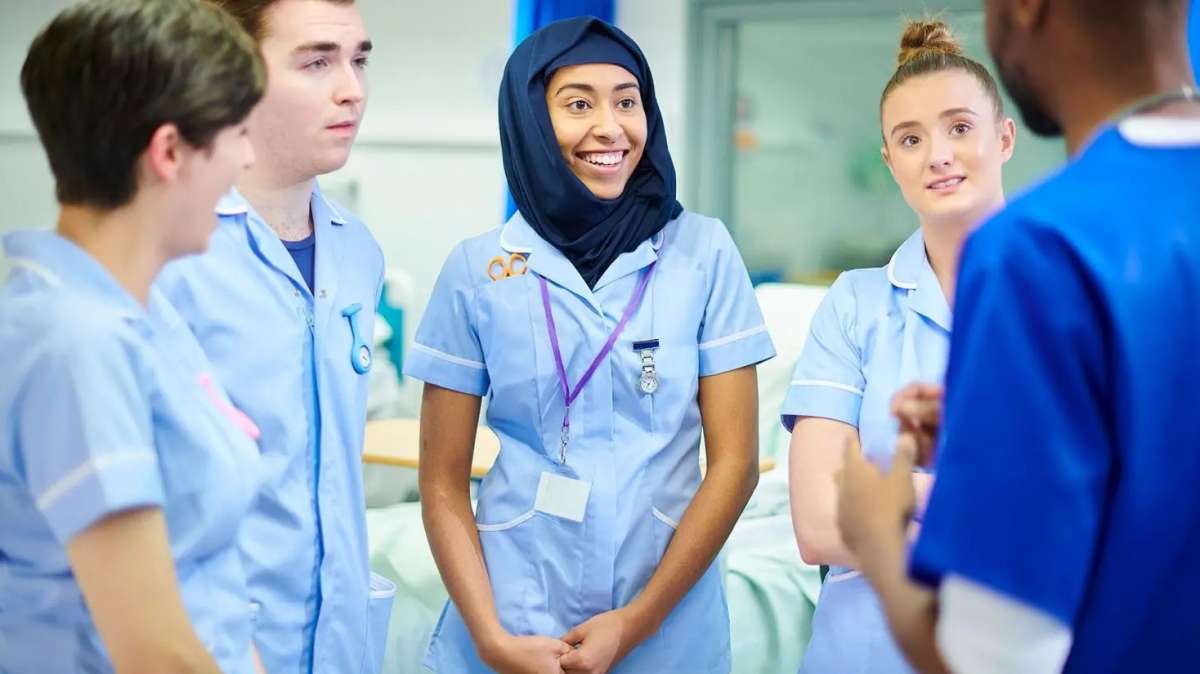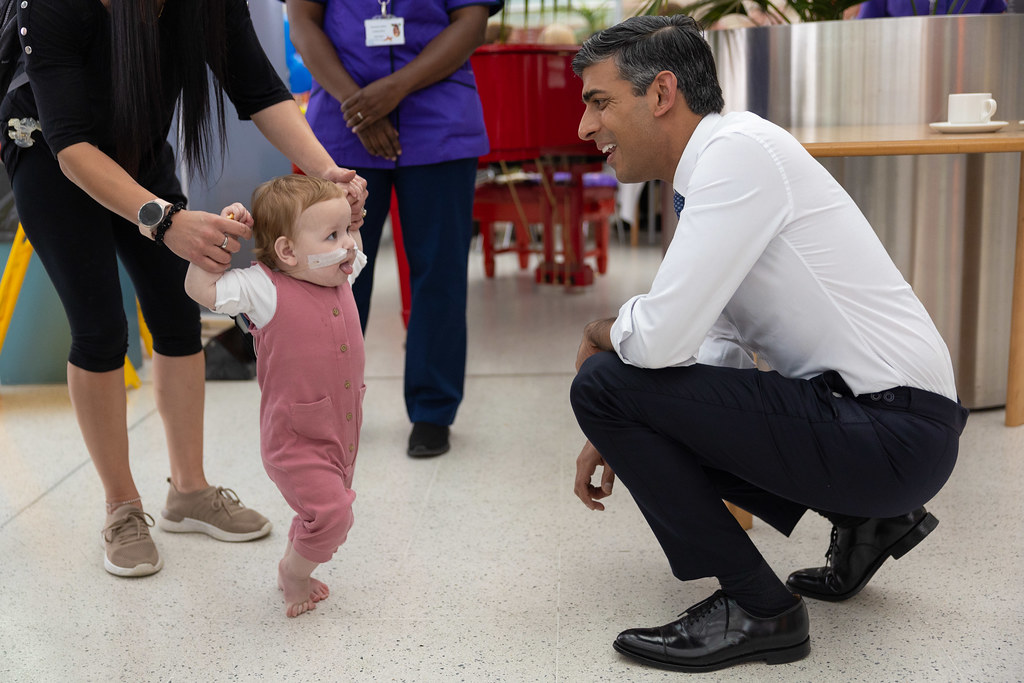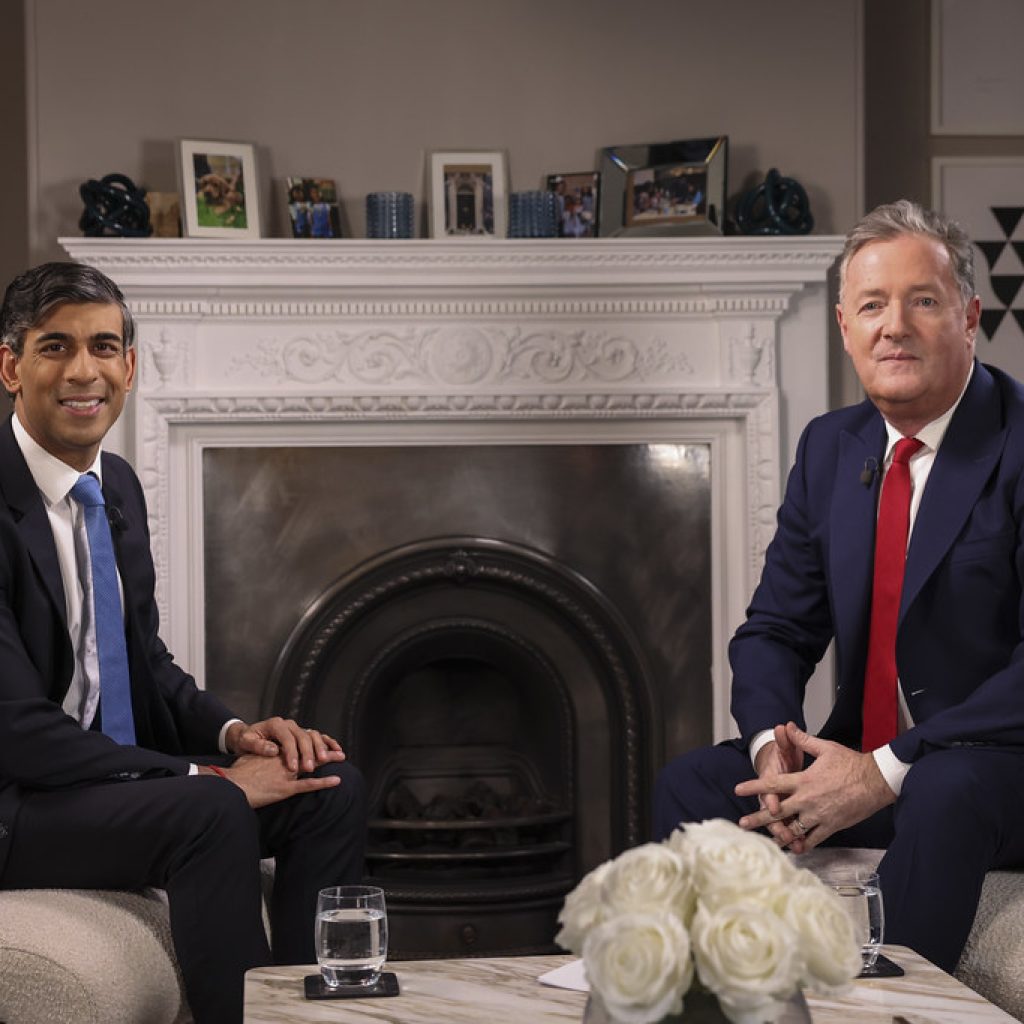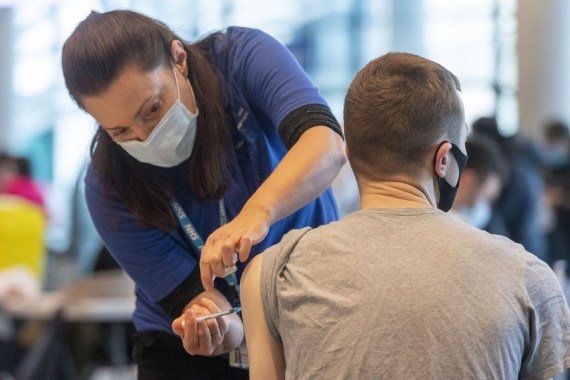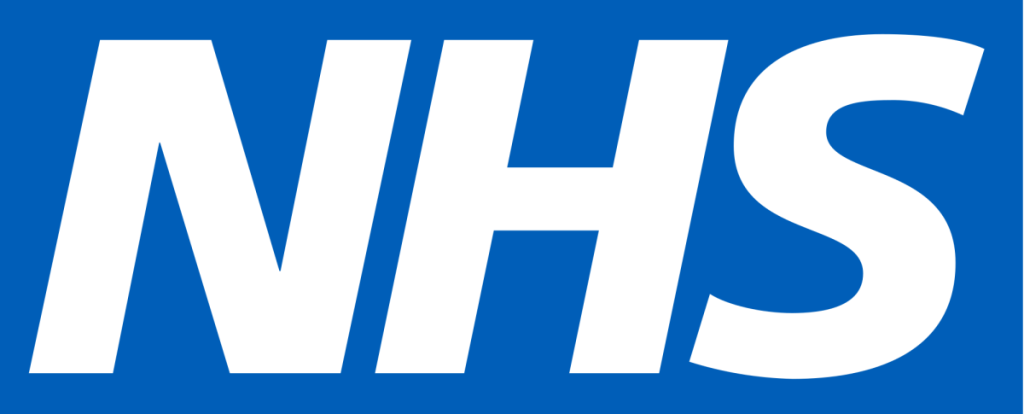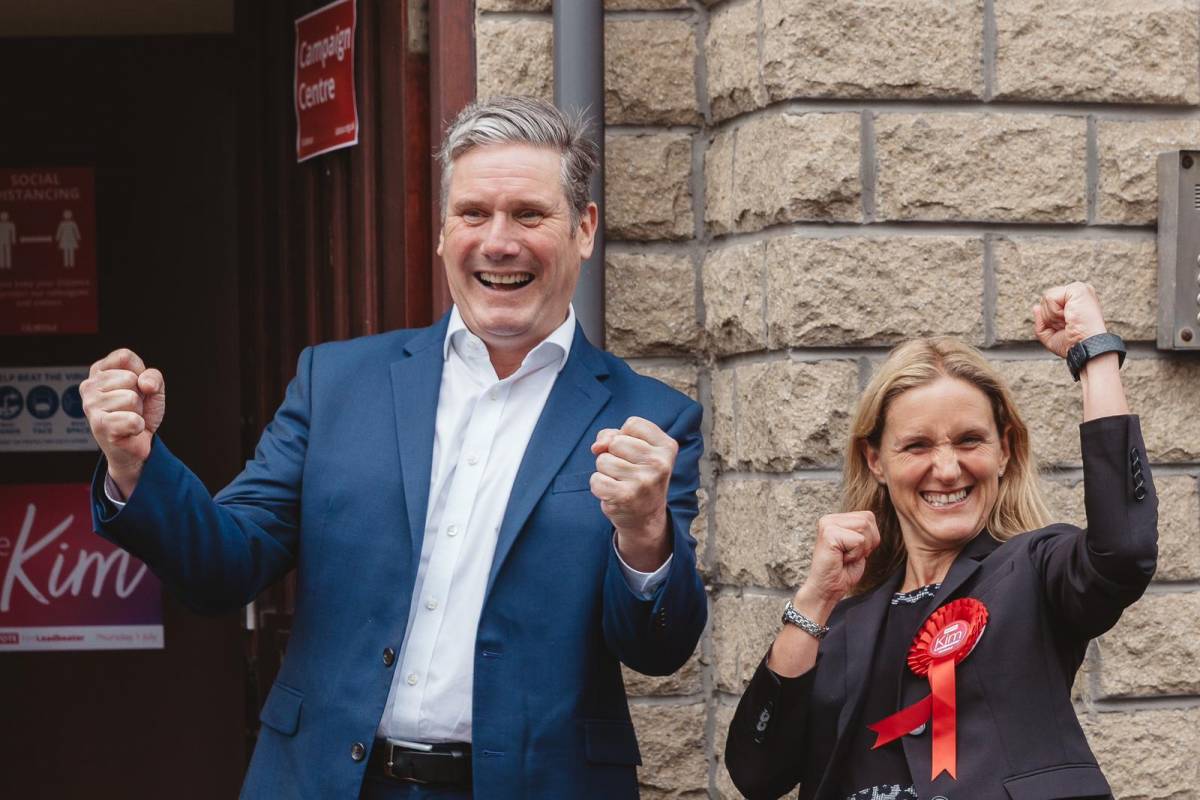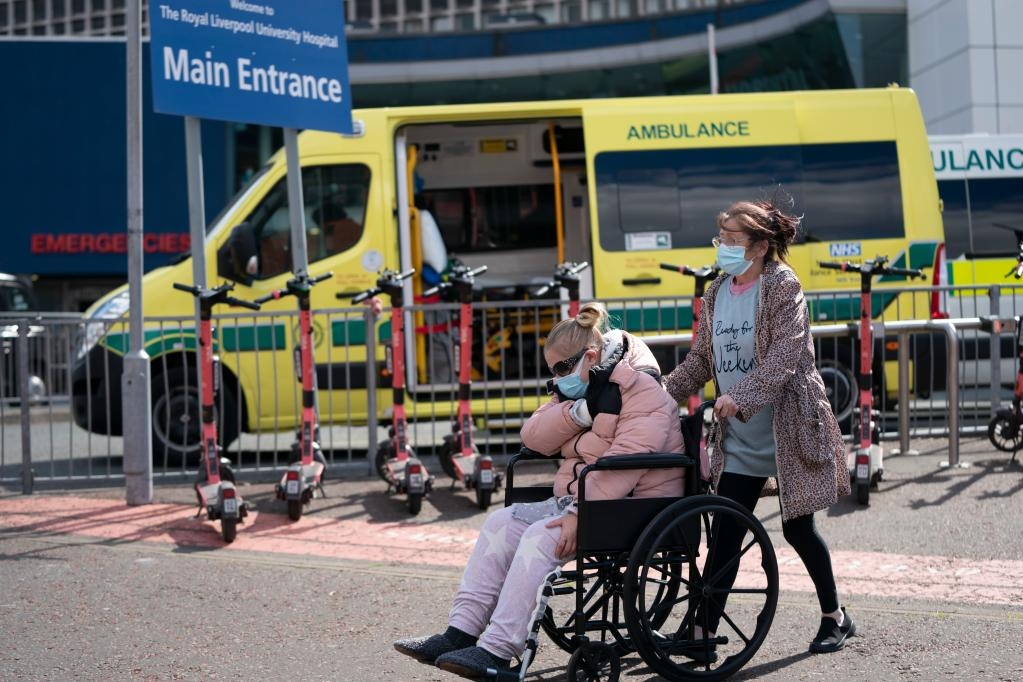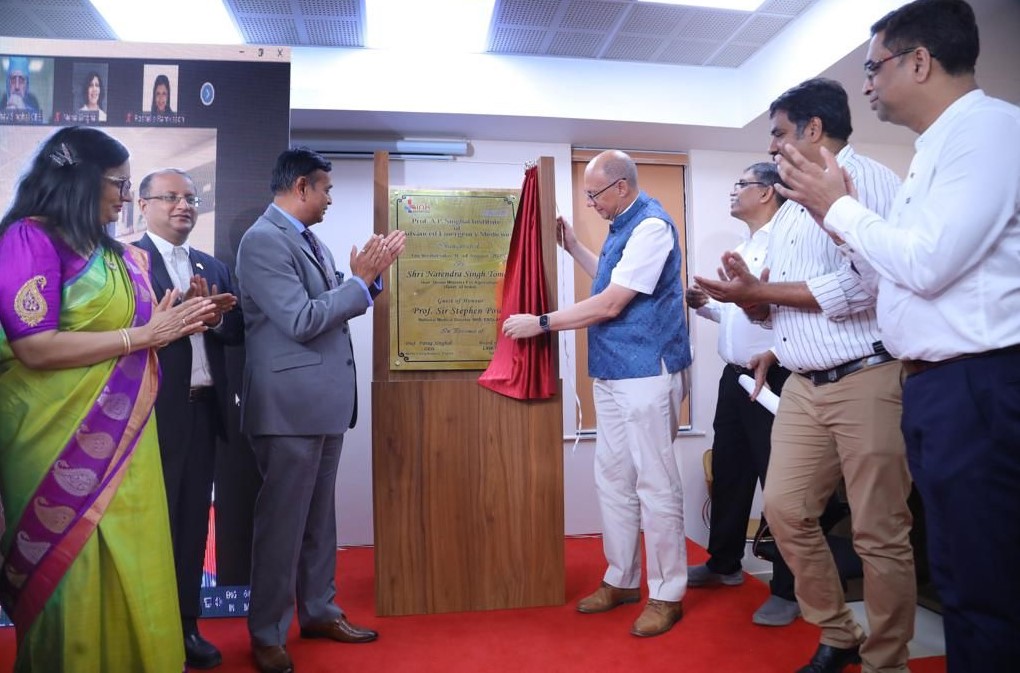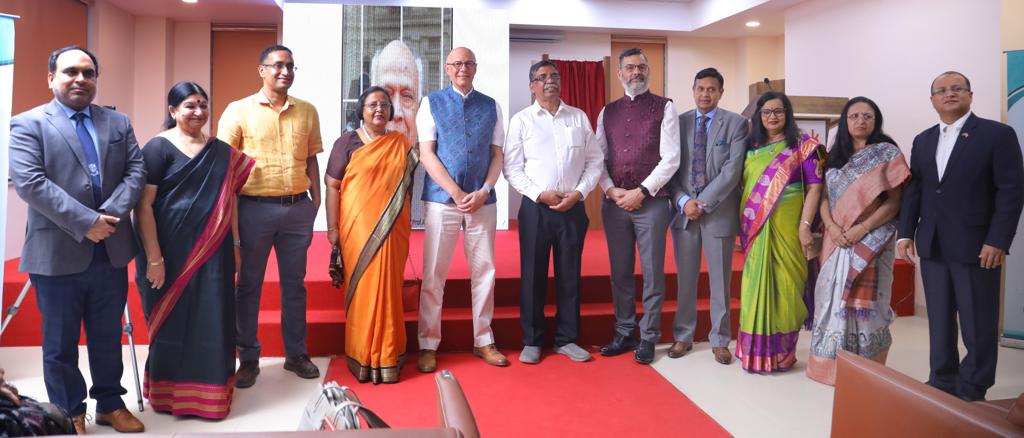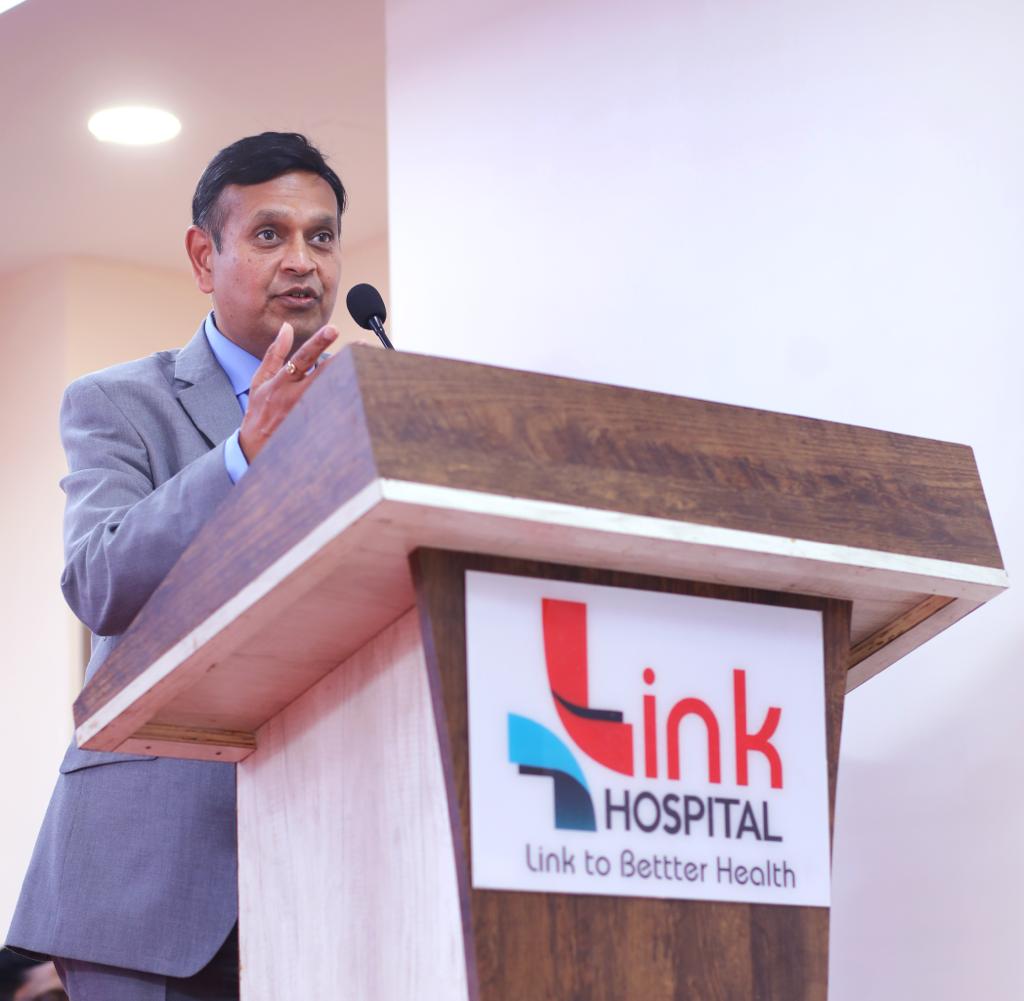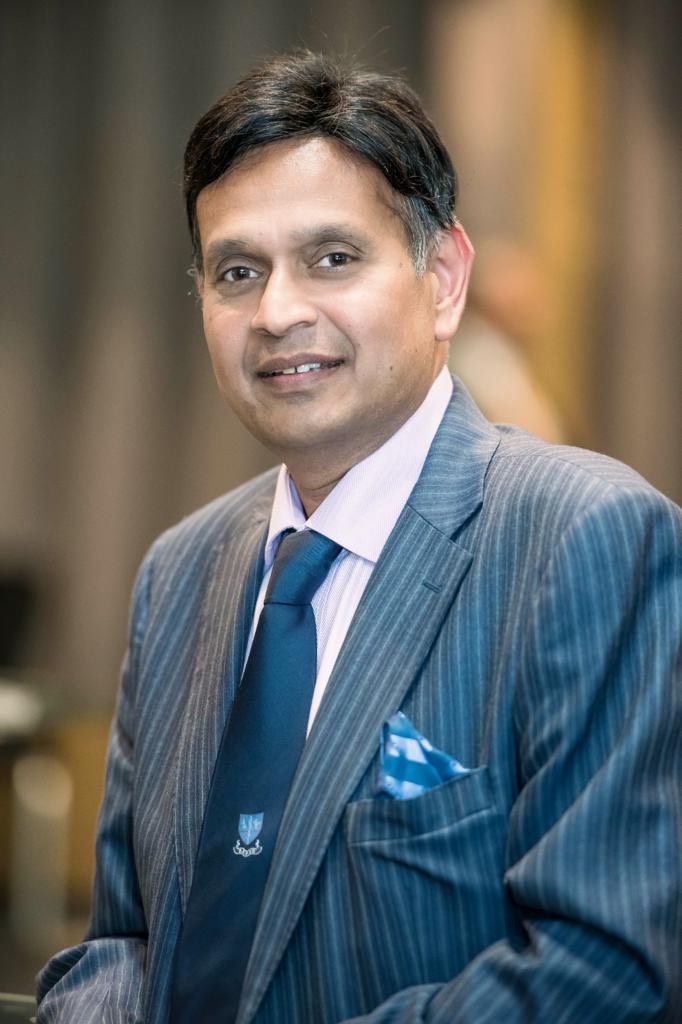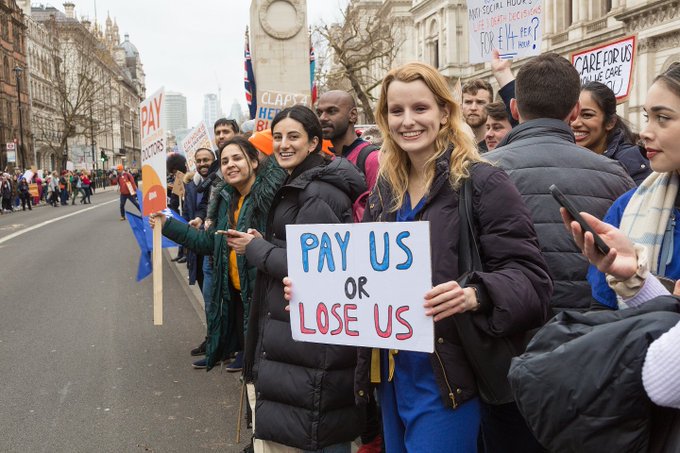Labour has previously said it wants to set up a new expert body, Skills England, to improve skills training, comprising trade associations, companies, trade unions, councils and education leaders…reports Asian Lite News
A Labour government would cut NHS waiting lists in England by funding two million more hospital appointments a year, Sir Keir Starmer has said.
On the eve of the party’s conference in Liverpool, he said that £1.1bn per year would be spent to ensure 40,000 out-of-hours appointments each week. This would be paid for by savings from ending the non-dom tax status, he said.
Labour is also promising to set up specialist further education colleges to tackle local skills shortages. It says it plans to work with local political leaders and businesses to identify these shortages and focus on fixing them.
“Everything we do will be about delivering growth,” Sir Keir told the Observer. He told the newspaper his plans to shake-up skills training were key to his mission of firing up the economy – and he was responding to calls from business leaders who told him they could not find workers trained for their needs.
Sir Keir said that, if Labour won power, it would work with local councils – using money raised from a revamp of the apprenticeship levy – to set up specialist “technical excellence colleges”. These would equip workers specifically for local industries, with a particular emphasis on sectors such as renewables, nuclear, engineering, computing and modern toolmaking.
Labour has previously said it wants to set up a new expert body, Skills England, to improve skills training, comprising trade associations, companies, trade unions, councils and education leaders.
Under a government scheme, bodies representing employers – mostly chambers of commerce – have drawn up skills “improvement plans” to influence what is taught in their local area. Under legislation passed last year, the government will be able to intervene at further education colleges that fail to “adequately reflect” the blueprints in what they teach.
Labour’s NHS appointments initiative would involve paying existing staff overtime to increase capacity. The party says it wants to recruit more staff to the NHS, but that this will take several years to have a significant impact on waiting list numbers.
It says it would spend £1.1bn to cover the extra overtime, which would be paid for by scrapping non-dom tax status for wealthy individuals. Speaking to the Sunday Mirror, he said: “We will use the money from abolishing the non-dom status. That’s where the super-rich don’t pay their tax in this country. I think they should.”
Labour claims scrapping non-dom tax status would save just under £2bn. It would also spend £171m on doubling the number of CT scanners in NHS hospitals and in £111m on improving dentistry out of the planned savings. The party also plans to use part of the cash to fund breakfast clubs that are run by primary schools, providing £365m so the service will be provided to pupils for free.
Under Labour’s NHS waiting list plan – which the party claims would add 40,000 extra appointments a week – staff would be offered overtime to work evening and weekend shifts, so procedures could be carried out. Neighbouring hospitals would also be encouraged to pool staff and use shared waiting lists. Patients would be given the option of travelling to a nearby hospital for treatment on an evening or weekend, rather than wait longer.
In June, Prime Minister Rishi Sunak announced plans to recruit and train thousands more doctors, nurses and support staff in a major NHS England workforce plan.
Rayner vows ‘biggest’ affordable housing boost
Labour will create the biggest increase in affordable housing “in a generation” if it wins power, deputy leader Angela Rayner has promised. Rayner vowed to “get tough” with developers who tried to “wriggle out” of their social obligations.
The party would also free up funds for councils and housing associations to build more homes for rent, she said. Rayner was speaking as Labour gather for what could be their final conference before a general election.
The party arrives in Liverpool in high spirits after winning Rutherglen and Hamilton West back from the SNP by a huge margin in a by-election on Thursday. The result has raised hopes in the party of a Labour comeback in Scotland, potentially paving the way to victory at the general election, expected next year.
The Labour leadership will be hoping to use their week in Liverpool to draw dividing lines with the Conservatives on issues such as housing, net zero and climate. But it is under pressure from some in their own ranks to be bolder in spelling out what the party stands for, after being cautious in recent months about announcing big spending commitments.
Sharon Graham, general secretary of the Unite union, which has been the party’s biggest funder at recent elections, told BBC News that Labour needed policies “people can go out and vote for”. If the leadership was too cautious – on issues such as nationalisation and economic reform – it could pay the price at the ballot box, she warned.
Angela Rayner, who is shadow housing secretary as well as Labour’s deputy leader, will set out the party’s housing policies in a speech to conference on Sunday.
She says Labour is focused on exceeding the unmet Tory pledge of 300,000 new homes a year, although she will not be putting a figure on that. “If I get into government, if we’re fortunate enough that the British people give us that opportunity, then my number one focus is to deliver on making sure we’ve got those houses for the future,” she told BBC Radio 4’s Today programme.
Labour has pledged give local authorities greater powers to negotiate with property firms and build in the areas they need.
The party says it would prevent developers “wriggling out” of their affordable housing obligations, known as section 106 rules, by introducing an expert unit to give councils and housing associations advice on negotiating with property firms.
It would publish guidance that would, in effect, limit companies to challenging these requirements only if there were genuine barriers to building homes. Labour says it would also make it easier for councils to use cash from right-to-buy to build new homes.
ALSO READ-Labour will re-write Brexit deal, says Starmer

